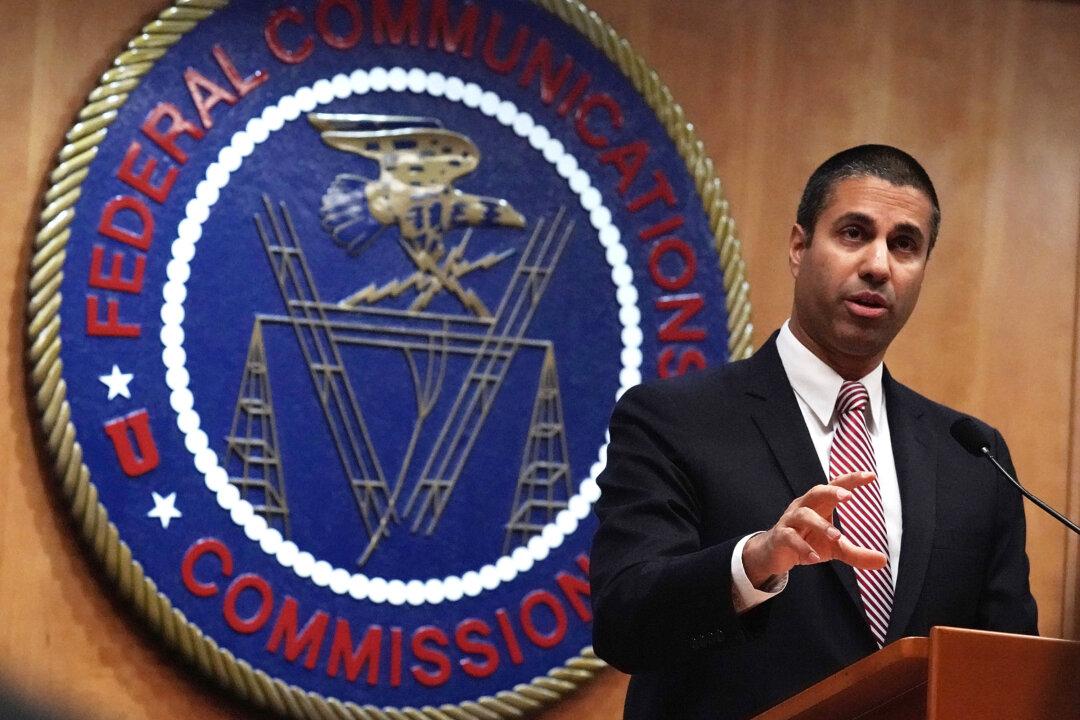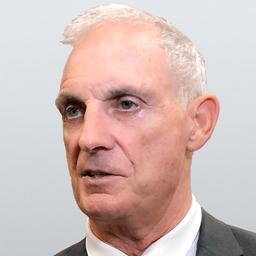The Federal Communications Commission (FCC) stated it will mandate and compensate U.S. telecommunications companies for the removal of Chinese networking equipment deemed a “national security threat” and installation of hardware from “more trusted” suppliers.
FCC Chairman Ajit Pai stated: “We need to make sure our networks won’t harm our national security, threaten our economic security or undermine our values.” He added “The Chinese government has shown repeatedly that it is willing to go to extraordinary lengths to do just that.”





